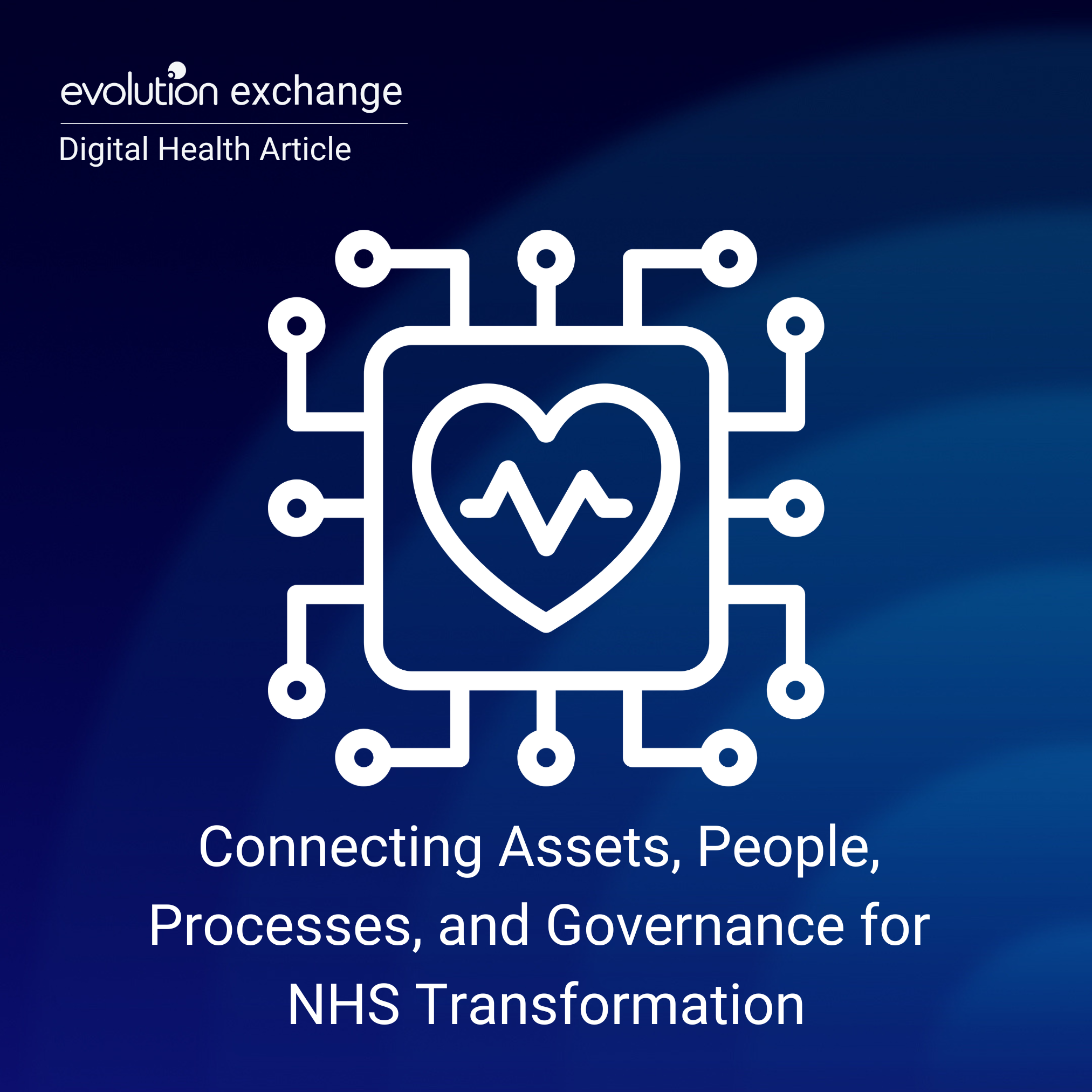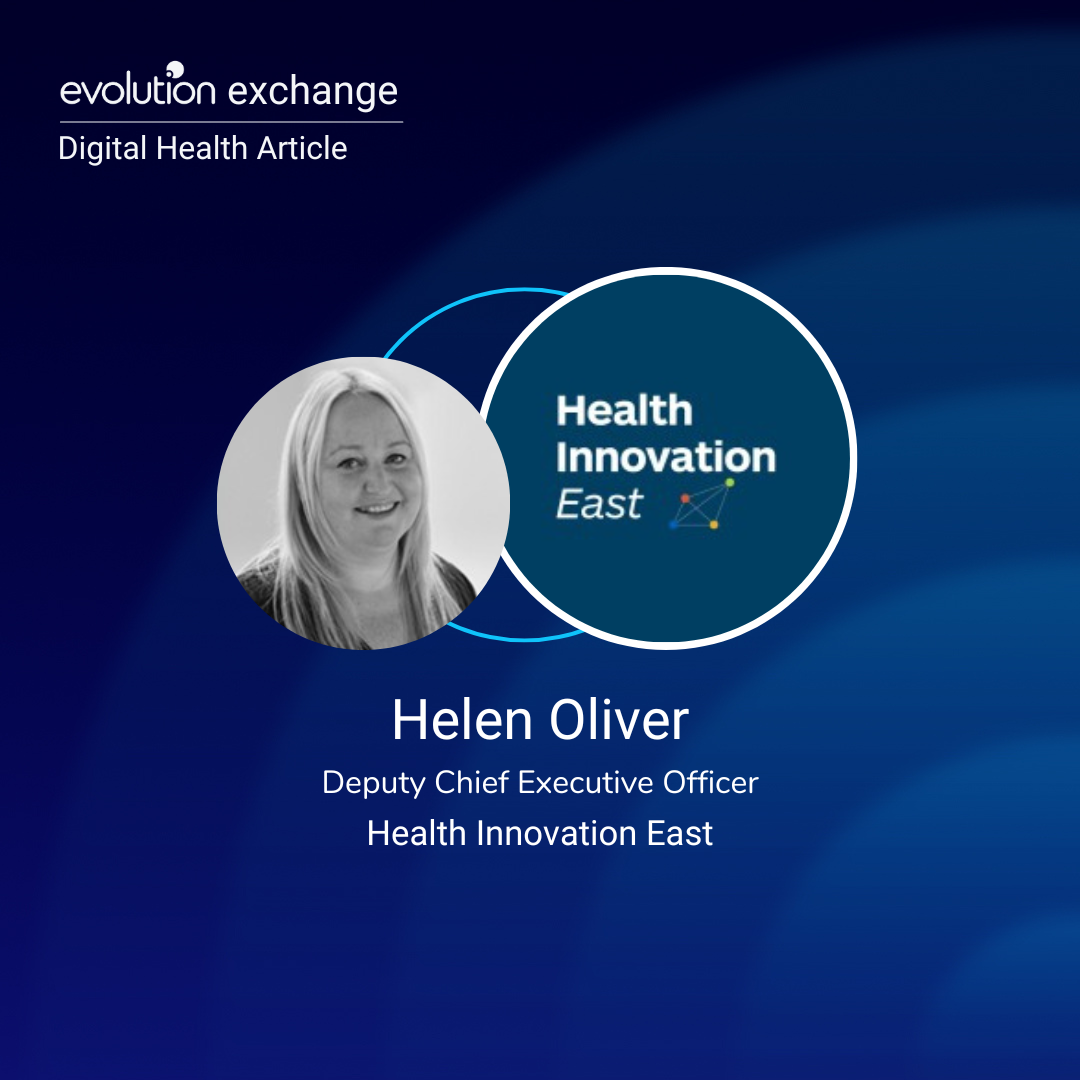In 2024, Singapore’s data scene is buzzing with opportunities. Whether you’re into analyzing data as a Data Analyst or building data systems as a Data Engineer or hoping to enter big tech as a Machine Learning Engineer, there’s a place for you in Singapore’s data ecosystem.
This guide will highlight the skills you need, explore various career paths, and give you tips to thrive in this dynamic field.
Career Path: Data Analyst
Data Analysts interpret data to provide insights that drive business decisions. They spot trends, patterns, and correlations in datasets to form strategic moves and improve operations.
Skills Required
In the dynamic field of data analysis, professionals need a robust set of technical skills to navigate through vast amounts of data effectively. These skills not only form the foundation of their work but also empower them to derive meaningful insights that drive business decisions.
Databases & Data Warehousing:
- Robust understanding of databases and data warehousing.
- Familiarity with relational database management systems (RDBMS) such as PostgreSQL, MySQL, SQL Server, or Oracle.
- Proficiency in Extract, Transform, Load (ETL) processes and familiarity with data warehousing concepts like star and snowflake schemas.
Data Analysis Tools:
- Proficiency in SQL and Python (to further boost your chances)
Data visualization tools
- Storytelling through Tableau and Power BI tools.
Career Progression
Starting as an entry-level Data Analyst, you can advance to roles such as Senior Data Analyst, Data Scientist, or Analytics Manager with experience and specialized skills. Continuous learning in advanced analytics techniques, such as predictive modeling and machine learning, enhances career prospects and opens doors to more complex and impactful projects.
Career Path: Data Engineer
Data Engineers play a crucial role in designing, constructing, and maintaining scalable data pipelines and architectures. They are responsible for ensuring that data flows smoothly from source systems to data warehouses or lakes, enabling efficient data processing and analysis by Data Analysts and Machine Learning Engineers.
Skills Required
- Proficiency in database management systems like SQL and NoSQL.
- Knowledge of big data frameworks such as Hadoop, Spark, or Kafka is highly beneficial for handling large volumes of data effectively.
- Strong programming skills in languages like Python, Java, or Scala.
Career Progression
Starting as a Junior Data Engineer, professionals can progress to roles such as Senior Data Engineer or Data Engineering Manager with experience and additional skills. Continuous learning and staying updated with advancements in Cloud technologies (e.g., AWS, Azure, Google Cloud) and data management tools are crucial for career advancement in this rapidly evolving field.
Setting Yourself Up for Success: Tips and Tricks
The Data field is extremely dynamic and filled with opportunities. But the competition also remains high. While you focus on getting the required certifications and training for your desired career path, we also highly recommend adopting the following strategies to build a strong foundation for you as you enter this field.
- Gain hands-on experience.
Nothing beats hands-on experience. Being able to show your prospective employers that you have practical experience identifying and solving a specific problem using your knowledge in data types and tools, will help you stand out in any application process.
- Focus on the niche.
While you focus on getting key certifications that are general to your field, also explore certain niche certifications that can help you stand out to certain employers, based on their priorities. For example, Ethical AI and Data Privacy, Healthcare data analytics, Environmental Data Science are some such areas that are rapidly gaining traction in Singapore. Based on your interest, you can focus on building knowledge and experience in these fields, which will help you stand out among other applicants.
- Networking and Mentorship
As in any industry, networking and mentorship are critical elements of success in this field. Attending industry events, connecting with experts via different forums, and actively seeking feedback from peers and seniors in this field, can help you strengthen your skills, while also helping you gain valuable insights into emerging opportunities in the Data field.
Keep your eyes peeled for hiring managers’ insights—they’re gold when you’re trying to figure out what employers are after. Dive into LinkedIn for some research, or even tune into podcasts where hiring managers and tech professionals share advice. Check out “Evo Inspires” for a great start—it’s packed with tips straight from the experts!
Conclusion
This article equips you with the essentials to embark on a successful journey in Singapore’s thriving data industry. Embrace learning, seize opportunities, and chart your path to a rewarding career in data.






























